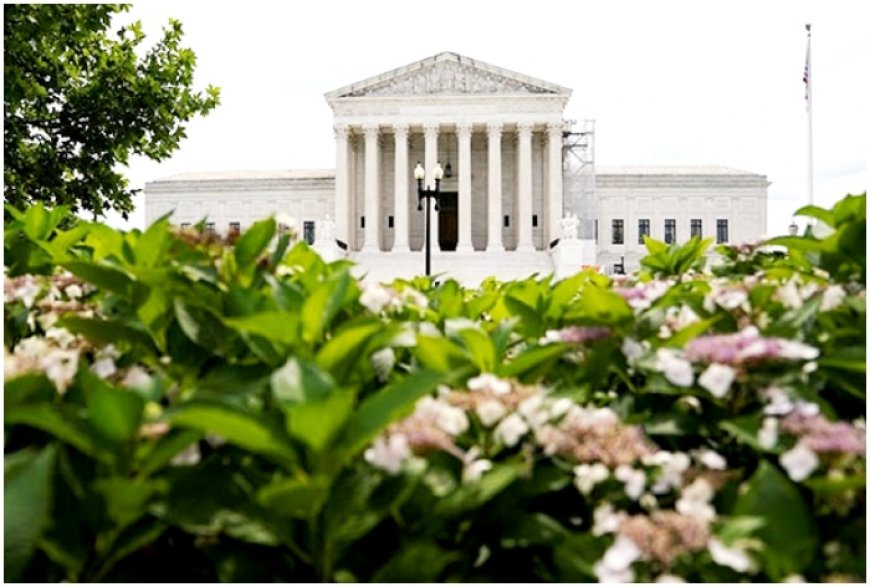US’s Top Court Limits Obstruction Charges In January 6 Cases
The Supreme Court decided that the Justice Department had overreached in its approach to charging individuals involved in the January 6, 2021, US Capitol riot with obstruction.

Washington: In a major development, the Supreme Court of the United States decided on Friday (local time) that the Justice Department had overreached in its approach to charging people involved in the January 6, 2021, US Capitol riot with obstruction. This decision may require prosecutors to potentially revise some of these cases, CNN reported.
Chief Justice John Roberts, writing for a 6-3 majority that included predominantly conservative justices along with Justice Ketanji Brown Jackson, highlighted that while obstruction charges could still apply, prosecutors must demonstrate that rioters aimed not merely to gain entry but specifically to disrupt the electoral vote certification process.
Roberts’ opinion underscored the narrow interpretation of the law, suggesting that Congress had not intended for sweeping obstruction charges with penalties up to 20 years’ imprisonment to apply broadly to all forms of obstruction. He emphasized that the breach of the Capitol, which led to the evacuation of Congress members and delayed the certification process, was a significant event but not automatically subject to the harshest penalties under the obstruction statute, as reported by CNN.
The decision is expected to impact ongoing cases, potentially leading to reevaluations and adjustments in how charges are pursued against rioters. However, the ruling does not appear to directly affect the specific allegations against former President Donald Trump, whom special counsel Jack Smith has accused of a broader obstruction scheme dating back to Election Day.
Despite the Supreme Court’s ruling, Smith has indicated confidence that the obstruction charge in Trump’s case remains robust, particularly citing allegations related to fake electoral certificates allegedly submitted to Congress. Smith’s strategy acknowledges the possibility that the Supreme Court might narrow the application of the obstruction statute, focusing on creating false evidence rather than altering existing evidence.
Steve Vladeck, a CNN Supreme Court analyst and professor at the University of Texas School of Law, suggested that while many January 6 defendants might see consequences such as resentencing or new trials due to the ruling, Trump’s case is distinct. Vladeck pointed out that Trump’s charges are specific to altering electoral votes Congress was considering during the January 6 joint session, indicating a potentially different legal trajectory.
Approximately 249 cases involving the obstruction charge affected by Friday’s ruling are currently pending, according to federal prosecutors. Of these cases, around 52 individuals have been convicted and sentenced primarily with obstruction as their felony charge, resulting in 27 individuals currently serving prison sentences.
Justice Amy Coney Barrett, along with Justices Sonia Sotomayor and Elena Kagan, dissented from the majority opinion penned by Roberts. Barrett’s dissent likely reflects broader concerns about the implications of narrowing the obstruction charge, particularly in cases involving the Capitol riot.
The Supreme Court’s latest verdict acts as a pivotal point in the legal proceedings that came on the heels of the happenings on January 6. This can possibly bring about alterations in the approach taken by prosecutors to obstruction charges in comparable scenarios. The verdict stressed the importance of intention and specific disruptive actions during congressional meetings, consequently setting a fresh precedent. This might influence the interpretation of obstruction laws in cases that are politically delicate, according to CNN.
What's Your Reaction?


























































